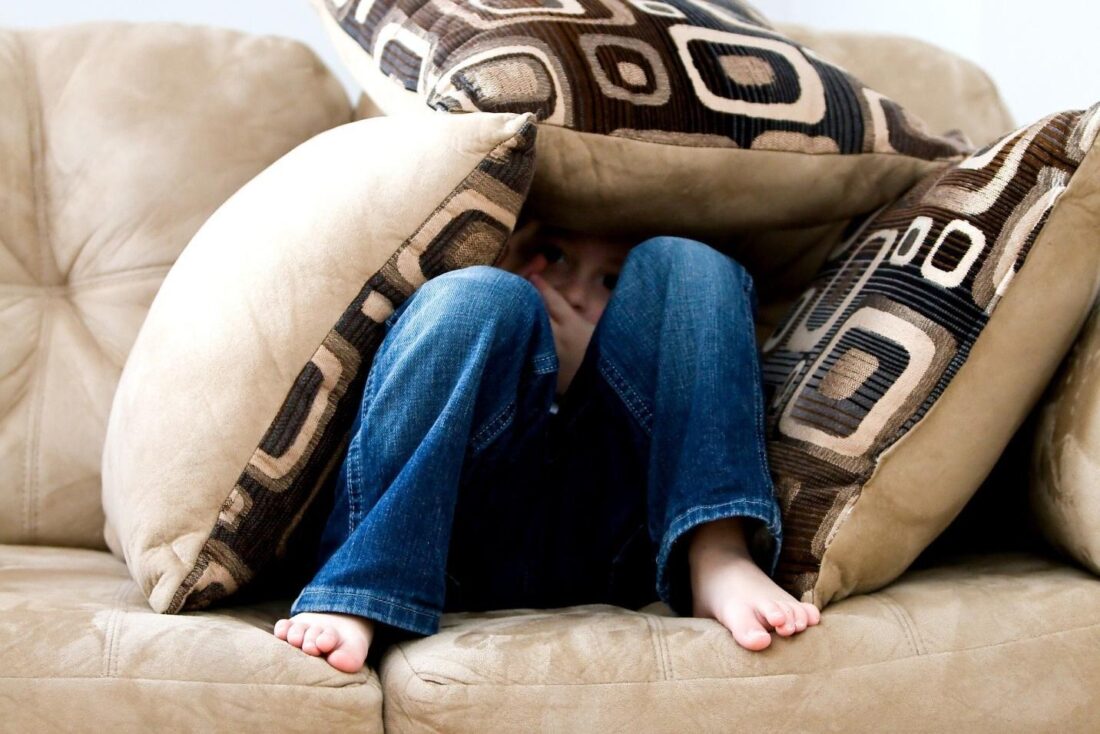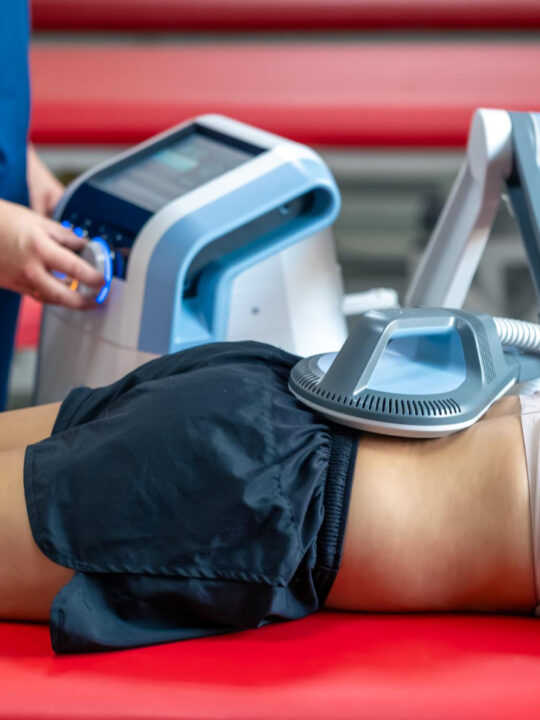
Alcohol use disorder (AUD), commonly referred to as alcoholism, is among the most common addictions a person can face. It can wreak havoc on someone’s physical and emotional health, but it’s often considered a “family disease” because of the strong impact it has on spouses, children, and other loved ones.
Although someone with an alcohol addiction will struggle with many challenges and will often try to shield their family from them, in the end, they can only do so by distancing themselves, and this isolation and neglect does little to help them maintain healthy relationships.
Living in a home disrupted by AUD can cause family members to experience anxiety, depression, and shame. Sometimes, they may even be the victims of emotional and physical outbursts that can forever alter the way they view relationships, attachment, and love.
Impact on Partners and Spouses
Studies show that families impacted by alcohol addiction have lower levels of emotional bonding. According to researchers from the University of Buffalo, couples where at least one of the members has an alcohol use disorder have more negative interactions.
Healthy relationships are built on trust, but alcohol addiction can cause people to minimize the extent and effects of their drinking, lie, or shift blame. This damages the partner’s ability to trust them and can lead to resentment.
Alcohol addiction also has a detrimental effect on a family’s financial situation. In part because of how much money is spent on alcohol, but largely because of consequences such as arrests for driving under the influence or loss of income.
Moreover, because of the effects of long-term alcohol abuse on the brain, it reduces critical thinking skills and self-control, which, in turn, reduces a person’s ability to use healthy and constructive communication strategies when trying to resolve a conflict.
Impact on Children
Growing up with a parent who has an alcohol addiction can change a child’s perception of themselves and relationships in general. They may experience emotions that are hard to cope with, such as:
- Embarrassment – because they’re trying to keep it a secret from their friends and teachers
- Guilt – because they blame themselves for not being able to somehow “fix the problem”
- Anxiety – especially if the parent with the addiction is prone to outbursts
- Confusion – because they lack the stability that comes from a consistent and predictable home environment
- Distrust – because they feel there’s no one to rely on to take care of them
- Anger – that their needs aren’t being met and that their parents “don’t love them enough” to change this
- Detachment – because all these conflicting emotions are too much for them to process, so they dissociate and become numb as a defense mechanism
Children with alcoholic parents are also more likely to have academic problems, difficulty forming close relationships with others, and behavioral problems stemming from a distrust of authority figures such as teachers, counselors, or law enforcement officers.
How Families Can Find Help
The problems caused by alcohol addiction don’t just go away on their own. To be resolved, they require involvement from all members of the family and professional help.
The most important step is for the person with an alcohol addiction to get treatment, and there are numerous resources available. It can be very challenging to convince them to take this step because, ultimately, it’s not up to you, but that doesn’t mean you should lose hope. You can look for a rehabilitation center in your area by searching “alcohol rehab Los Angeles,” for instance. A dedicated treatment provider can give you valuable information on how to plan an intervention, treatment options, and they can put you in contact with support groups for families.
Through these support groups, you can share your experiences with people that have gone through the same situations and understand your struggles. You’ll learn how to reconnect to your own emotional needs, address them, as well as how to set boundaries and help your loved one through their journey to recovery without enabling them.
Some treatment programs will also involve family therapy and counseling. The goal is to decrease the risk of relapse through the individual’s support network. As a unit, the entire family will have a safe environment to rebuild their bonds and learn better coping strategies.







